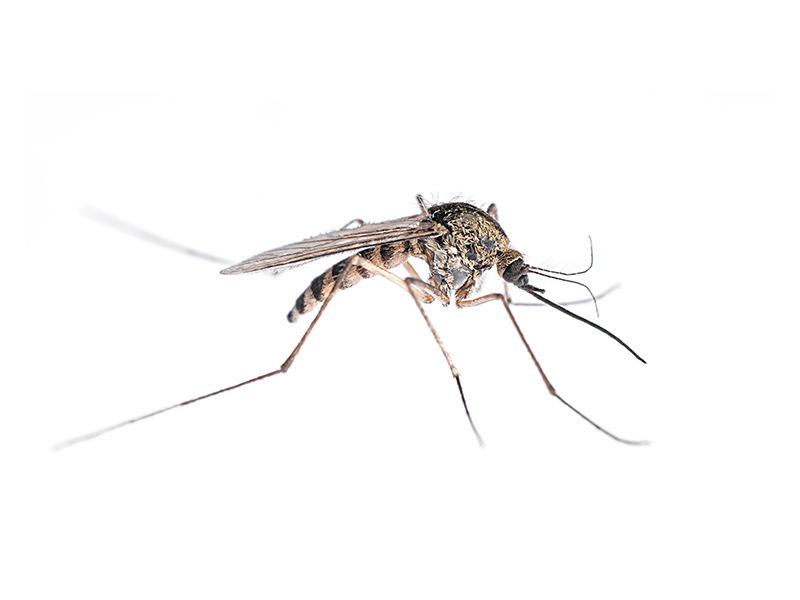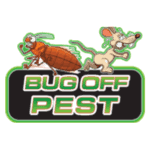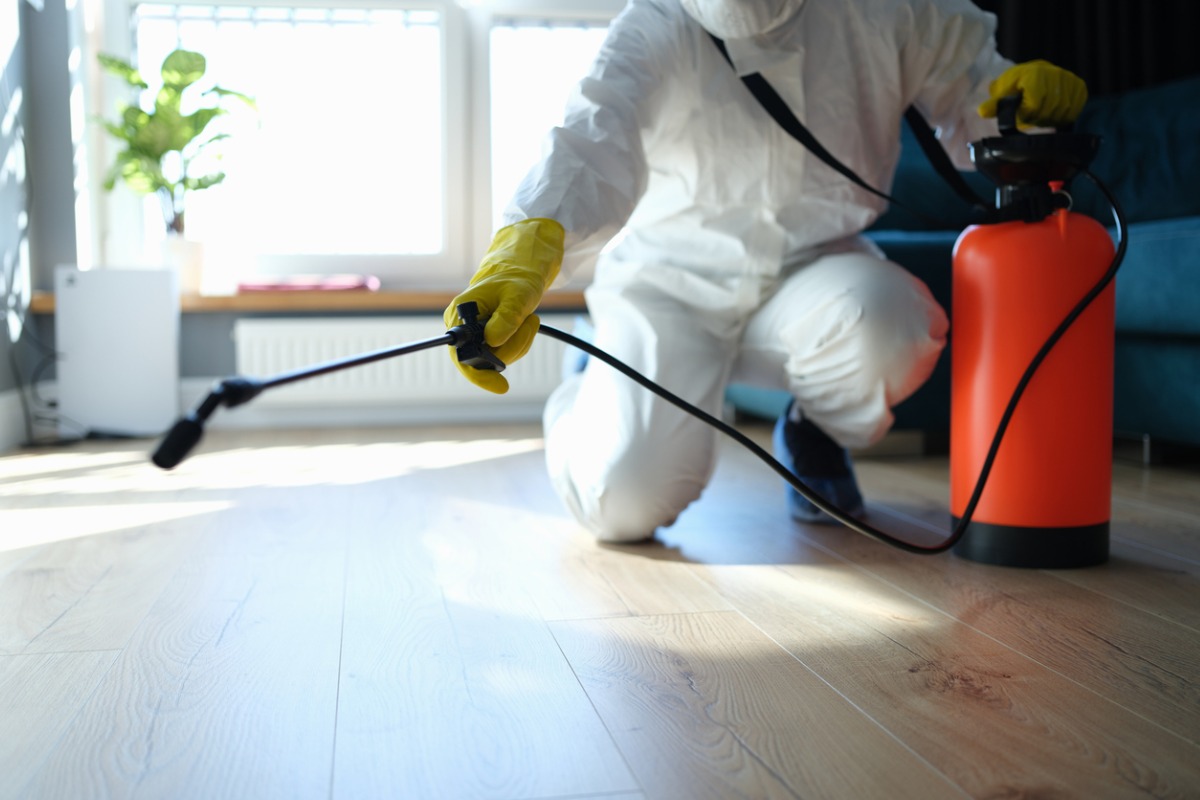Exploring Ingenious Strategies and Products for Reliable Pest Control
The landscape of parasite control is evolving, marked by the emergence of innovative strategies and items created to improve effectiveness and sustainability. From wise traps equipped with advanced tracking systems to biological techniques that use natural predators, these advancements offer a paradigm shift in how we approach pest management. Furthermore, eco-friendly chemical options and scent interruption methods supply targeted services that line up with environmental stewardship. As the market grapples with these growths, a closer evaluation reveals not only their ramifications however additionally the potential obstacles that may emerge in their execution.
Smart Traps and Keeping Track Of Solutions
Exactly how can modern technology boost parasite management? One substantial development is the advancement of wise catches and monitoring systems, which supply real-time data and analytics for reliable parasite control. These systems utilize sensors and wireless technology to discover insect activity, informing home managers and pest control specialists to problems before they intensify.
Smart traps are outfitted with attributes such as bait terminals that draw in bugs and record them effectively. These catches can be monitored remotely, permitting for timely interventions and minimizing the demand for considerable chemical applications. Additionally, the assimilation of device understanding algorithms allows these systems to distinguish in between target insects and non-target varieties, improving the precision of pest control procedures.
Additionally, the information collected from smart catches can be examined to recognize patterns in insect behavior and environmental factors adding to invasions (Pest Control in Port Charlotte). This info is very useful for establishing targeted bug administration approaches tailored to specific environments. By accepting wise traps and monitoring systems, pest control professionals can boost their operational efficiency and decrease the environmental impact of parasite management, eventually causing much safer and more sustainable techniques in the sector
Biological Pest Control Methods
Making use of natural killers and bloodsuckers, biological pest control methods supply an eco pleasant choice to chemical therapies. This strategy entails the introduction or enhancement of details microorganisms that can naturally control insect populations, consequently minimizing reliance on synthetic pesticides. Common instances include using ladybugs to control aphid invasions and parasitic wasps to target caterpillars.

Biological control can be classified right into three major strategies: timeless, augmentative, and conservation. Classic biological control involves importing natural adversaries from the insect's native habitat, while augmentative control entails increasing the populace of existing all-natural opponents through launches. Preservation approaches concentrate on producing conditions that support these useful microorganisms in the ecological community.
The effectiveness of organic insect control depends upon understanding the complex communications within ecosystems. It frequently needs an extensive evaluation of parasite dynamics and the life cycles of both the bugs and their natural enemies. While organic techniques might not provide instant results like chemical choices, they add to lasting insect administration and ecosystem health. As recognition of ecological problems grows, biological parasite control approaches are increasingly recognized for their lasting duty in incorporated parasite administration programs.
Eco-Friendly Chemical Alternatives
Environment-friendly chemical options give a viable service for parasite management that minimizes ecological influence while successfully regulating bug populaces. These choices are obtained from natural sources and are very carefully developed to target certain parasites without hurting helpful organisms, making them an important part of lasting pest control methods.
Among the most efficient environmentally friendly options are plant-based insecticides, such as neem oil and pyrethrin, which are derived from the seeds and flowers of numerous plants. These compounds interrupt the life cycles of insects, decreasing their populations without the hazardous impacts connected with conventional chemicals - Pest Control in Port Charlotte. In addition, important oils like peppermint and clove oil exhibit repellent residential or commercial properties, even more boosting their utility in pest administration

In addition, environmentally friendly chemical choices often break down much more quickly in the environment, reducing the danger of dirt and water contamination. This characteristic aligns with the raising consumer demand for sustainable practices in agriculture and urban parasite control. As study remains more tips here to development, the advancement of ingenious environment-friendly formulas will better improve efficiency and widen application locations, enabling here are the findings pest monitoring specialists to adopt greener, a lot more accountable methods in their practices while protecting human health and wellness and the setting.
Scent Disturbance Strategies
Another ingenious approach in sustainable bug administration is using pheromone disruption strategies. These techniques make use of the all-natural chemical signals, or pheromones, that bugs use for communication, especially in breeding actions. By interfering with these signals, parasite populaces can be properly handled without considering dangerous chemicals.
Pheromone catches are frequently used in this strategy. These catches use synthetic versions of insect scents to tempt male pests, thus decreasing their capability to situate ladies and duplicate. Over time, this can lead to a substantial decline in bug populaces. Furthermore, the launch of repellent scents can create confusion amongst bugs, additionally inhibiting their breeding procedures - Pest Control in Port Charlotte.

Integrated Pest Management Approaches
Efficient insect control usually calls for an extensive method, and Integrated Insect Management (IPM) methods offer a framework for accomplishing this objective. IPM integrates different monitoring techniques to reduce bug populaces while reducing dependence on chemical pesticides. This complex strategy begins with thorough tracking and recognition of insects, allowing for targeted interventions based on specific pest stress.
Social techniques, such as crop turning and cleanliness, play an essential function in stopping insect facility. Organic controls, consisting of natural predators and parasitoids, are used to preserve parasite populaces at convenient degrees. When required, discerning chemical treatments are used, highlighting lower toxicity to non-target types and the setting.
By using this holistic strategy, IPM not just boosts bug control efficiency however likewise adds to long-term environmental balance. Eventually, Integrated you could try these out Insect Management represents a forward-thinking option that aligns farming performance with ecological stewardship, making it essential in modern pest control techniques.

Verdict
In verdict, the integration of innovative strategies and items for effective insect control represents a significant advancement in lasting insect administration. Smart traps and keeping track of systems, biological pest control techniques, environment-friendly chemical options, and scent disruption strategies collectively enhance the performance of bug administration approaches.
Comments on “Eliminate pests with licensed Pest Control in Port Charlotte treatments.”